Essential Safety Measures for Avoiding Boating Accidents


By
Madeleine Jones
Boating accidents can have devastating consequences, leading to injuries, property damage, and even loss of life. As a law firm serving Las Vegas, Henderson, and the surrounding areas in Nevada, J. Cogburn Law is committed to promoting safety and providing legal support to those affected by boating accidents. In this blog article, we will discuss essential safety measures that can help you avoid boating accidents and ensure a memorable and enjoyable experience on the water.
1. Introduction
Boating offers a fantastic opportunity to relax and enjoy the beauty of Nevada’s waterways. However, it’s crucial to prioritize safety to prevent boating accidents and their potential consequences. By following essential safety measures, you can significantly reduce the risk of accidents and ensure a safe and enjoyable boating experience.
2. Conduct a Pre-Boat Check
Before setting sail, it’s essential to inspect your boat thoroughly. Check the fuel, oil, and coolant levels, ensure the lights are working correctly, and inspect the hull for any signs of damage or wear. Additionally, make sure all safety equipment is on board and in good working condition.
3. Follow Safety Equipment Requirements
Boating regulations require specific safety equipment to be on board at all times. This includes life jackets, fire extinguishers, distress signals, and a throwable flotation device. Ensure you have the appropriate equipment for the size and type of boat you are operating.
4. Stay Informed about Weather Conditions
Weather conditions can change rapidly, and it’s crucial to stay informed before heading out on the water. Check the local weather forecast and pay attention to any warnings or advisories. If adverse weather conditions are predicted, consider rescheduling your boating trip.
5. Operate the Boat Responsibly
Operating a boat responsibly is key to avoiding accidents. Familiarize yourself with the boat’s controls and handling characteristics. Follow all speed limits and avoid reckless behavior, such as sharp turns or jumping wakes, which can cause the boat to capsize or throw passengers overboard.
6. Maintain a Safe Speed
Excessive speed is a common factor in boating accidents. Always maintain a safe and reasonable speed, considering factors such as weather conditions, boat traffic, and visibility. Operating at an appropriate speed allows you to react quickly to potential hazards and maintain control of the vessel.
7. Be Mindful of Your Surroundings
Maintaining situational awareness is vital when boating. Keep an eye on other boats, swimmers, and objects in the water. Be cautious around areas with heavy boat traffic and avoid crowded or congested areas. A vigilant and alert boater is better equipped to avoid collisions and accidents.
8. Avoid Alcohol and Drugs
Operating a boat under the influence of alcohol or drugs is not only illegal but also extremely dangerous. Alcohol impairs judgment, coordination, and reaction times, increasing the likelihood of accidents. Stay sober while operating a boat to ensure your ability to make sound decisions and react promptly to any potential dangers. If you plan on consuming alcohol or medication, designate a sober boat operator or choose alternative transportation options.
9. Use Life Jackets Properly
Life jackets save lives. Make sure you and your passengers wear properly fitting life jackets at all times when on the water. Ensure that children have appropriately sized and approved life jackets. In an emergency, a life jacket can provide crucial buoyancy and increase your chances of survival.
10. Take a Boating Safety Course
Knowledge is key to boating safety. Consider taking a boating safety course to familiarize yourself with important rules, regulations, and best practices. These courses cover topics such as navigation rules, emergency procedures, and the proper use of safety equipment. By enhancing your boating knowledge, you can become a more responsible and prepared boater.
11. Watch Out for Swimming and Diving Areas
Be cautious around swimming and diving areas, as these are designated zones where people are present in the water. Reduce your speed and keep a safe distance to minimize the risk of accidents or injuries to swimmers and divers. Always respect the boundaries and follow any posted signs or warnings.
12. Be Cautious during Nighttime Navigation
Boating at night requires extra caution. Ensure that your boat’s navigation lights are in working order and properly displayed. Reduce your speed and maintain a vigilant lookout for other vessels, buoys, and obstacles that may be more challenging to spot in the darkness. Use radar or other navigation aids to assist you in maintaining a safe course.
13. Follow Navigation Rules and Markers
Familiarize yourself with navigation rules and markers to navigate safely on the water. Understand the meanings of different buoys, channel markers, and navigational aids. Adhere to speed limits and right-of-way rules, and exercise caution when approaching areas with submerged rocks, sandbars, or shallow waters.
14. Prepare for Emergency Situations
Even with the utmost caution, accidents can still occur. It’s crucial to be prepared for emergencies. Keep a well-stocked first aid kit on board, along with emergency contact information and a list of nearby medical facilities. Educate yourself on basic emergency procedures, including how to administer CPR and signal for help.
15. Conclusion
By following these essential safety measures, you can significantly reduce the risk of boating accidents and ensure a safe and enjoyable experience on the water. Prioritize safety, stay informed, and always use common sense. Remember, prevention is key, but if an accident does occur, seek legal assistance from J. Cogburn Law, a dedicated law firm ready to support those affected by boating accidents.
Frequently Asked Questions (FAQs)
What should I do if I’m involved in a boating accident?
In the unfortunate event of a boating accident, prioritize the safety and well-being of everyone involved. Seek medical attention for any injuries and report the accident to the appropriate authorities. It’s crucial to gather information, such as the names and contact details of witnesses and parties involved. Consult with a legal professional from J. Cogburn Law to understand your rights and options.
Can I operate a boat without a boating license?
The requirements for operating a boat vary by jurisdiction. In some states, a boating license or education certificate is mandatory. Familiarize yourself with the boating laws and regulations in your area to ensure compliance. Even if not legally required, it’s strongly recommended to complete a boating safety course for your own knowledge and safety.
Are there any age restrictions for operating a boat?
Age restrictions for operating a boat vary depending on the jurisdiction and the type of boat. In many states, individuals under a certain age must complete a boating safety course and be supervised by an adult. Familiarize yourself with the specific age requirements and regulations in your area.
What should I do if I witness a boating accident?
If you witness a boating accident, it’s essential to prioritize safety. If it is safe to do so, offer assistance to those in need, such as providing life jackets or helping them to safety. Contact the appropriate authorities immediately to report the incident and provide them with accurate information about the location and details of the accident.
Q5. How can J. Cogburn Law assist me if I’ve been involved in a boating accident?
J. Cogburn Law is a dedicated law firm serving Las Vegas, Henderson, and surrounding areas in Nevada. They specialize in personal injury cases, including boating accidents. If you’ve been involved in a boating accident, their experienced legal team can provide guidance, support, and representation to help you navigate the legal process and seek the compensation you deserve.
In conclusion, prioritizing safety is crucial for avoiding boating accidents. By conducting pre-boat checks, following safety equipment requirements, staying informed about weather conditions, operating the boat responsibly, maintaining a safe speed, being mindful of surroundings, avoiding alcohol and drugs, using life jackets properly, taking a boating safety course, and following navigation rules, you can significantly reduce the risk of accidents and ensure a safe boating experience. However, accidents can still happen, and if you find yourself in such a situation, J. Cogburn Law is ready to provide legal support and help you through the process.


